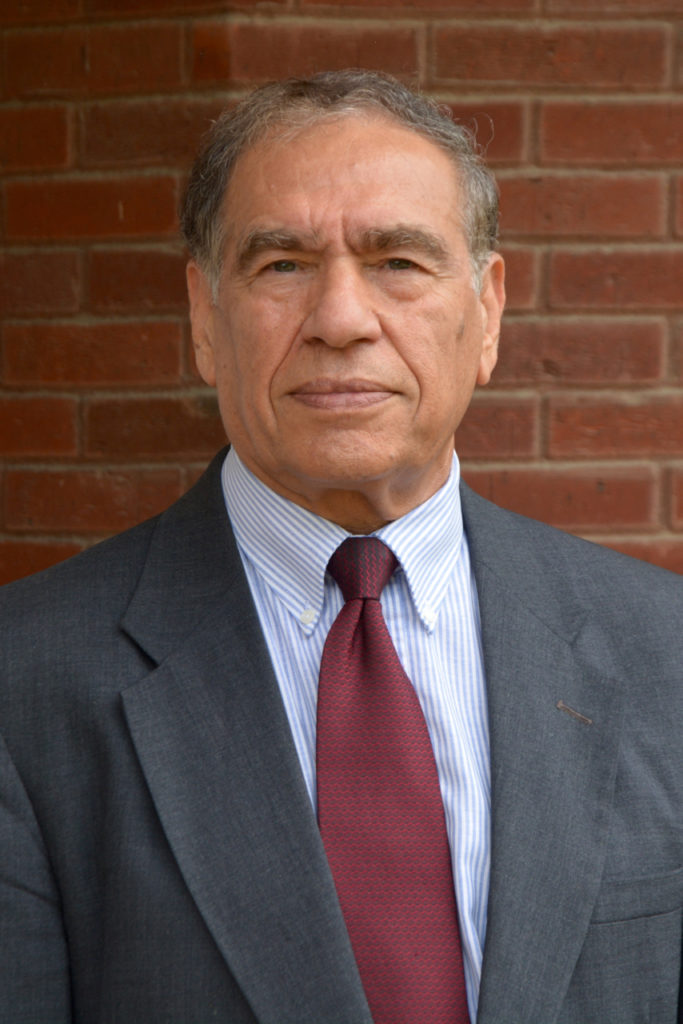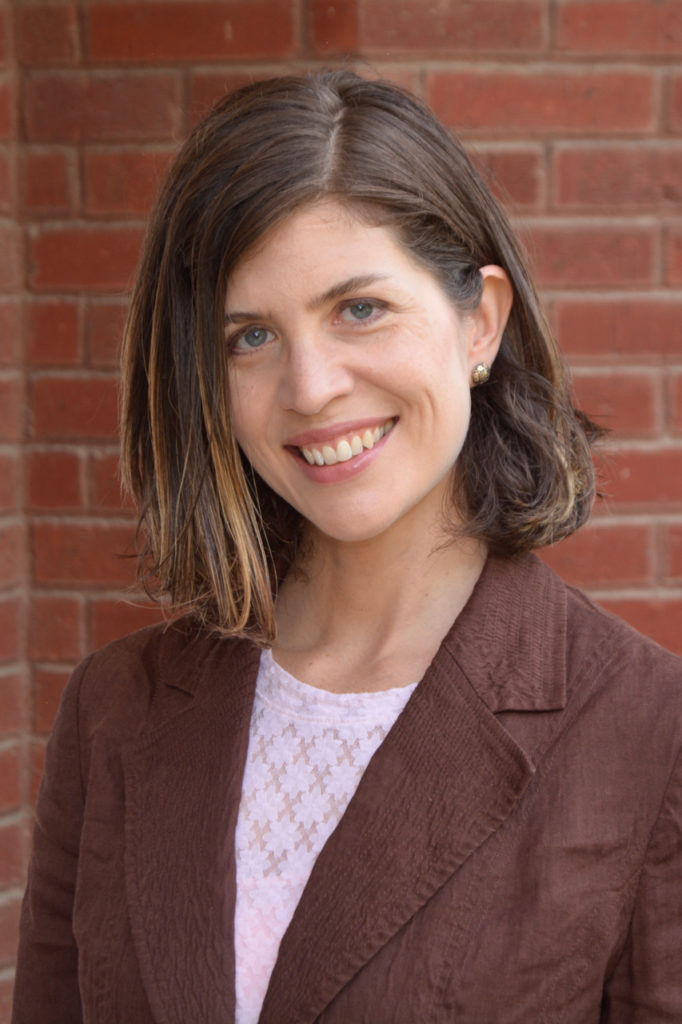About the Authors
Alam Payind, Director of the Middle East Studies Center at the Ohio State University since 1986.

Dr. Alam Payind is the Director of the Middle East Studies Center (MESC), a senior teaching member of the International Studies Program and the Near Eastern Languages and Cultures department, a liaison for the Office of International Students and Scholars, and a member of University’s International Programs Task Force. Born and raised in Afghanistan, and previously a holder of government and academic positions in Kabul, he speaks Pashto, Dari and Urdu with native fluency. He continues to conduct field work, provide consultations on a regular basis in Afghanistan and has visited the country 13 times since September 11th, 2001. He travels extensively within the Afghan borders, and during recent trips he has been witness to the Taliban’s resurgence in Kandahar, Helmand, Zabul, and other provinces of Afghanistan.
Besides being a professor at the Ohio State University, he is still part of the faculty at Kabul University in Afghanistan, and is a consultant to the Afghan government in its educational reconstruction efforts. In late 2006, Dr. Payind was appointed as Ambassador of Afghanistan to the United Kingdom which he turned down for personal and professional reasons. He received his Ph.D. in Political Science and Higher Education, as well as an M.A. in Political Science in 1977 from Indiana University, his M.Sc. in Higher Education from Indiana University in 1972; and his BA in Political Science & Islamic Law from Kabul University in 1966.
Dr. Payind served in the Afghan government as the Director General of Cultural and Foreign Relations, and was a professor at Kabul University before the Soviet invasion in 1979. Dr. Payind has seen Afghanistan through many phases: under King Zahir Shah, President Dawud, the ten-year Soviet occupation of Afghanistan, the Mujahiddin regime, followed by the Taliban regime, and the US-led invasion of Afghanistan. Unlike most political scientists, he has fluency in the languages of the region he studies and literary competence, as well. His combination of academic qualifications and life experience uniquely qualifies him to give the cultural, historical, and current social context for recent events.
He teaches “Introduction to the Modern Middle East,” and the interdisciplinary upper-division “Contemporary Issues in the Middle East,” offered through International Studies and Near Eastern Languages and Cultures. He co-directs the Center’s Summer Institute on Middle Eastern Cultures with Professor Merry Merryfield. He provides vital consultations to press and news agencies on Middle Eastern affairs and delivers an average of 70 public lectures on Middle Eastern issues per year.
Dr. Payind speaks Pashto, Persian, and Urdu, and has research capability in Arabic.
Melinda McClimans, Assistant Director of the Middle East Studies Center at The Ohio State University since 2003.

Office of International Affairs, Ohio State University, CC.0
Melinda’s M.A. is in Near Eastern Languages and Cultures, from Ohio State, and she is currently in the Global Education doctoral program. She has lived and studied in Egypt and Saudi Arabia, studied Arabic in Cairo and Tunis, and in 1994 she enrolled in Franklin University in the Italian-speaking area of Switzerland. She earned her Bachelor’s degree in 1997, and worked as an intern at the United Nations in Bangkok, Thailand, after graduating.
She manages the Center’s programs, oversees the grant writing grant writing and reporting, trains oversees staff development, creates educational materials and conducts outreach to the P-12 community. As part of this she leads the annual study tour to Turkey for teachers. She has taught a class on Egyptian culture including a study tour in Egypt, she oversees and teaches in the Center’s institutes for teachers, and has co-taught online courses for teachers. She directs the Center’s teacher training program and co-creates and/or edits teacher-created instructional materials.
Melinda has research ability in Arabic and French, and is fluent in Italian.
